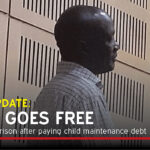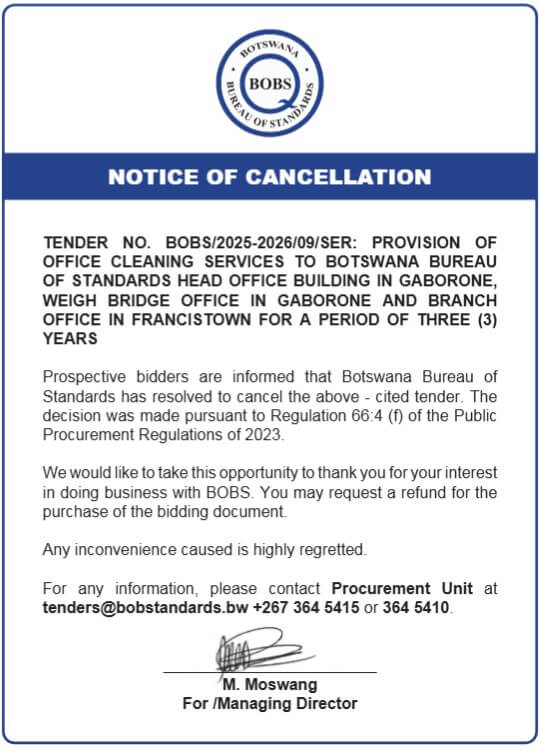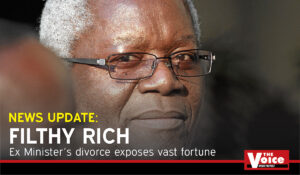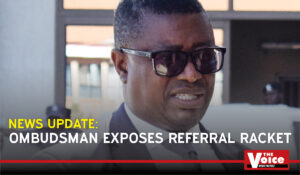Sunday Standard Editor and Publisher, Outsa Mokone, has expressed his concerns about the escalating levels of litigation, which he believes are increasingly stifling journalism and freedom of expression.
He shared these concerns during a meeting of the Campaign for Free Expression in collaboration with Media Defence and the Botswana Editors Forum (BEF), held under the theme ‘Legal Cases against Journalists and Publications’.
Mokone emphasized that many legal cases seem designed to instill fear and intimidate media houses and journalists, hindering them from carrying out their work freely.
He pointed out the critical role that legal representation plays in the outcomes of such cases, as lawyers decide on strategies, draft affidavits, prepare arguments, and cross-examine witnesses.
In contrast, he noted that the legal adversaries of journalists often have extensive resources and experienced researchers at their disposal.
“I believe the quality of legal representation has an impact on the outcome of cases. The lawyers are the ones who decide on the strategies. They draft the affidavits; head of arguments and cross examine witnesses. Our lawyers are just generalists, and these advocates have huge resources at their disposal and their researchers would be junior advocates at their law firms,” he said, further expressing concern about the significant financial damages awarded in defamation cases.
He highlighted the economic vulnerability of the media market in Botswana, where most media houses make approximately P600,000 in profit, meaning that just one costly legal case could result in a substantial financial loss.
Mokone also lamented the declining caseload in the media industry due to the high costs of litigation, leading journalists to be hesitant about pursuing investigative journalism.
He cited an additional concern regarding the intimidating tone of demand letters, which remind media outlets that the expenses associated with investigative reporting are unaffordable.
BEF Chairperson, Emang Mutapati, underscored the timeliness of the meeting, emphasizing the immense legal damages awarded against journalists and media houses in Botswana.
She mentioned recent instances where litigants were collectively awarded a total of P1 million in lawsuits against two publications, unprecedented in the country’s history. “We have never seen such a thing in our history. Today marks a significant milestone as we come together to strengthen our commitment to a free press and the protection of journalists’ freedom. We have signed an MOU with the two organisations which signifies the beginning of a powerful collaboration that will enable us to collectively address the challenges faced by journalists and editors in Botswana,” said Mutapati.
Professor Tachilisa Badala Balule addressed the legal landscape, pointing out that media freedom, guaranteed under the Constitution, encompasses both the substance and form of communication.
He expressed concern about the increasing trend in Botswana where law enforcement authorities are readily granted interception warrants to monitor journalists’ communications and confiscate their electronic devices. “One wonders whether judicial officers who issue these warrants pay enough attention to issues of protection of sources,” Balule said.
CEF Director, Professor Anton Harber, acknowledged that journalists do make mistakes and should rectify them, apologize, and address any legal action appropriately.
He emphasized that the legal process can be protracted, lasting up to eight years and causing significant stress to journalists, and urged journalists not to exaggerate such issues.














